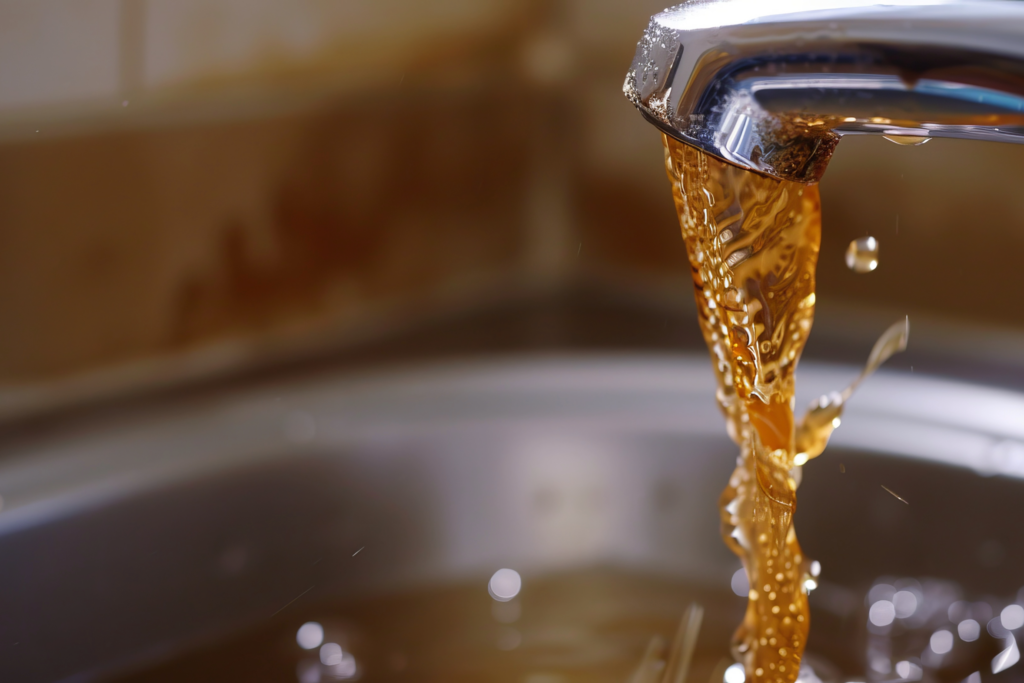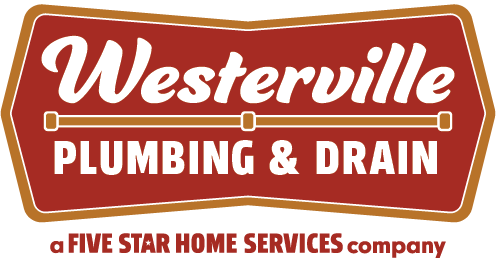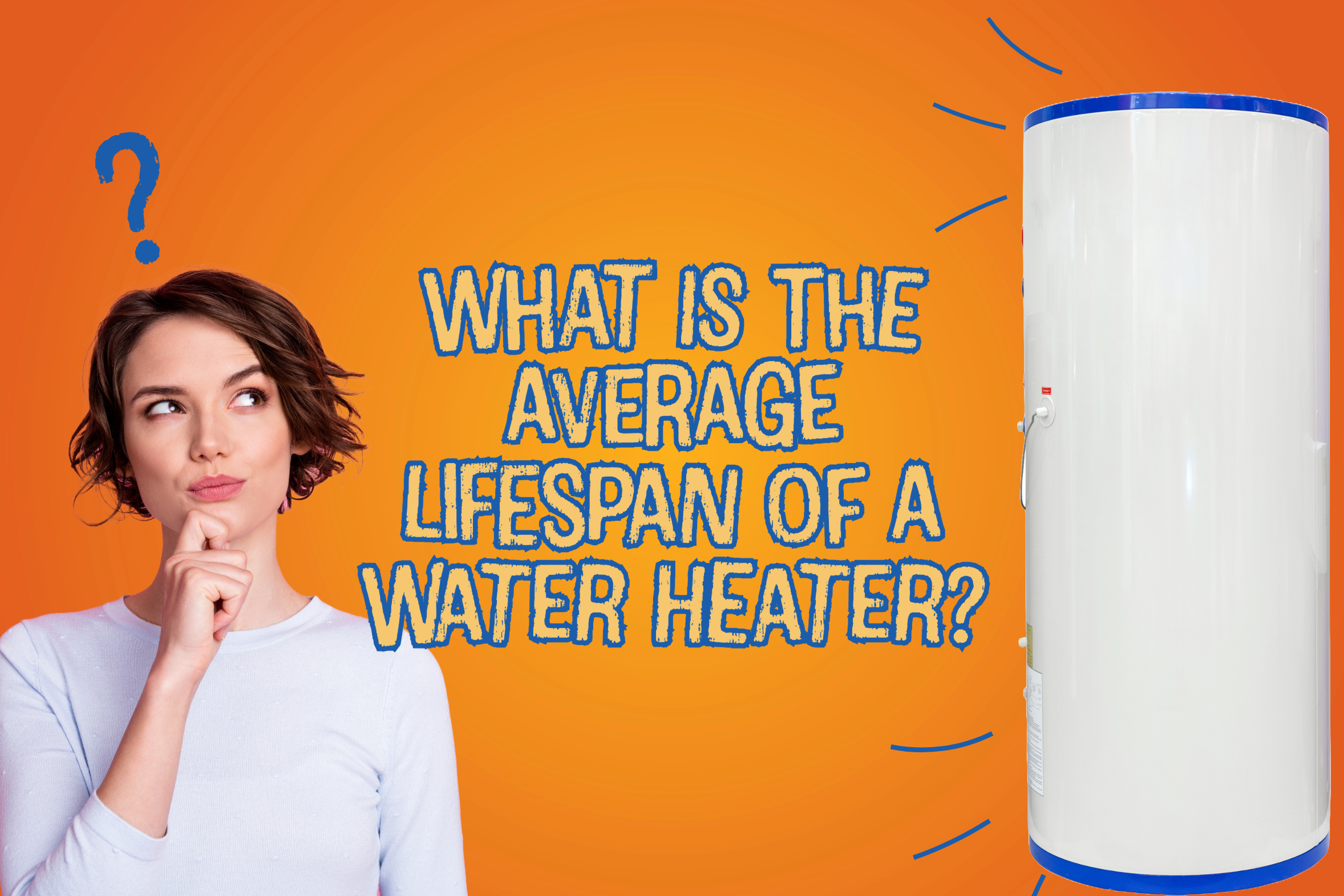If you are facing issues with your water heater, you have arrived at the right place. As your trusted local plumbing service provider, we recognize how daunting this situation can be, especially if you are unfamiliar with the process. It can often be challenging to determine the right questions to ask regarding your water heating unit. For instance, should you pursue repairs or consider replacement? When is the appropriate time to plan for a water heater replacement? The reality is that there is a considerable amount to learn about your water heater. That’s precisely why Westerville Plumbing & Drain is here to assist you. So, let’s begin with a fundamental question to get you started in the right direction: “How long should my water heater last?”
Water Heater Lifespan
The general guideline is that water heaters typically last around 8 years. However, some models may exceed this lifespan, often lasting between 8 and 10 years. If your water heater is 10 years old or older, it’s crucial to recognize that it is likely nearing the end of its operational life. In such cases, proactive planning before your water heater fails completely is essential to avoid unexpected disruptions. After all, being caught off guard is not ideal.
Impacting Factors
It is important to recognize that several factors can and will affect the duration of your water supply. Understanding these factors will assist you in maintaining your unit effectively and proactively.
- Water Usage – Your water usage has a significant effect on the longevity of your water heater. While it may not be necessary to reduce your water use solely for this reason, it is certainly an important factor to consider.
- Preventative Maintenance – Proper maintenance of a unit is crucial for long-term success, which ultimately extends its lifespan. Regularly skipping annual checkups and essential water heater flushes can accelerate wear and tear. By staying on top of your maintenance schedule, you can proactively care for your water heating unit.
- Water Quality – The presence of minerals such as calcium and magnesium, whether in hard or soft water, can lead to mineral buildup. This accumulation not only diminishes efficiency but also shortens the lifespan of your system.
- Installation Quality – Improper installation of a water heater can result in accelerated wear and tear, potential damage, and serious safety risks for your home and family. It is essential to engage a licensed company that understands the complexities of installation and maintenance for all your water heater needs.
- Equipment Quality – Opting for a lower-quality, cost-effective brand for a frequently used appliance like a water heater may not yield the anticipated lifespan. The materials used in the tanks and heating elements of these units significantly affect their performance. For optimal longevity and efficiency, investing in high-quality equipment is always the best way to go.
Indicating Signals
Here are a few signs you should watch out for that indicate you may need to start planning for a water heater replacement in the near future:

- Discolored or Rusty Water – A key indicator that your water heater may be nearing the end of its lifespan is the presence of discolored or rusty water coming from your faucets. Additionally, if the water from your plumbing fixtures has a metallic odor or taste, it is advisable to begin exploring replacement options.
- Inadequate Hot Water – If your water heater is unable to meet your household’s hot water demands, this may be due to sediment buildup or general wear and tear. In such cases, a replacement may be warranted.
- Leaking or Pooling Water – A leaking water heater often results in water pooling around the base of the unit. It is essential to have a professional diagnose the issue promptly, as a replacement may be required depending on the source of the problem.
- Age of the Water Heater – As previously noted, the age of a water heater is a significant factor in determining whether it should be replaced. If your water heater is over 10 years old, considering a replacement may be the most prudent decision.
- Frequent Repairs Needed – While repairs can address certain issues, frequent repairs may not be advisable. Continuously opting for one repair after another can lead to spending more on your water heater than it is worth. Instead, consider investing in a highly-rated, energy-efficient unit that offers better long-term value and performance.
Maintenance Tasks
Given that water heating accounts for an estimated 18% of a household’s energy expenses, it is prudent to ensure that your water heater remains current and operates efficiently. By adhering to regular maintenance practices, you can optimize your water heater’s performance and extend its lifespan. Recommended maintenance procedures include:
- Regularly Flushing Your Water Heater: Accumulated sediment can cause overheating and other complications within your system. This not only diminishes your unit’s longevity but also leads to expensive repairs. Addressing sediment buildup is essential to ensuring optimal performance and durability.
- Avoiding High Water Temperatures: Setting excessively high temperatures on your water heater can accelerate wear and reduce its lifespan. To maintain optimal functionality and longevity, it is important to carefully manage your water heater settings. Proper temperature regulation not only protects your appliance but also enhances its efficiency and value.
- Preventing Rust Buildup on the Exterior: Rust accumulation on the exterior of the unit can significantly hinder its efficiency and shorten its expected lifespan. It is vital to address this issue promptly to uphold optimal performance and longevity.
- Staying Current with Annual Maintenance: Do not overlook your annual plumbing inspections, even if they may appear unnecessary. Keeping up with these inspections ensures that all systems are functioning correctly. A licensed plumber can conduct a thorough examination of your home, identify minor issues before they escalate, and help prevent potential plumbing emergencies.

It’s always good to keep track of the age of your water heater to plan ahead for potential replacement options as issues arise. If you need assistance in determining the age of your water heater or would like to receive a free water heater estimate, please do not hesitate to reach out. We are here to address any concerns or questions you may have.
You can count on Westerville Plumbing & Drain for all your water heating needs at (614) 540-3437, or schedule an appointment online now by clicking here!




